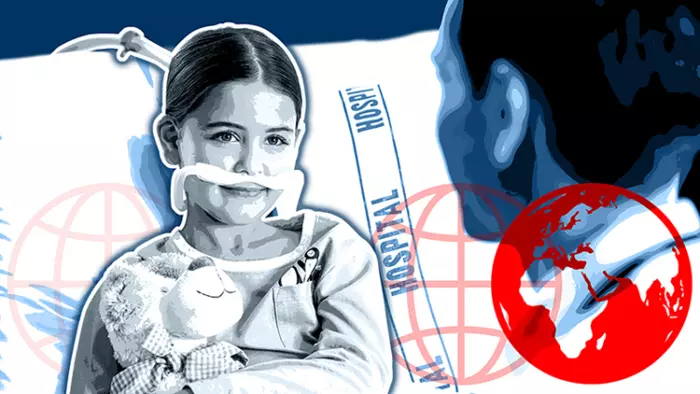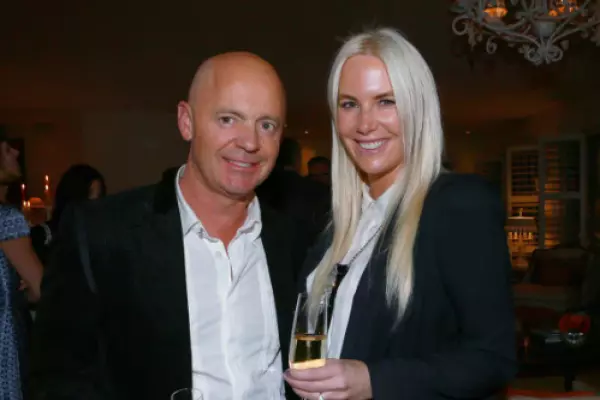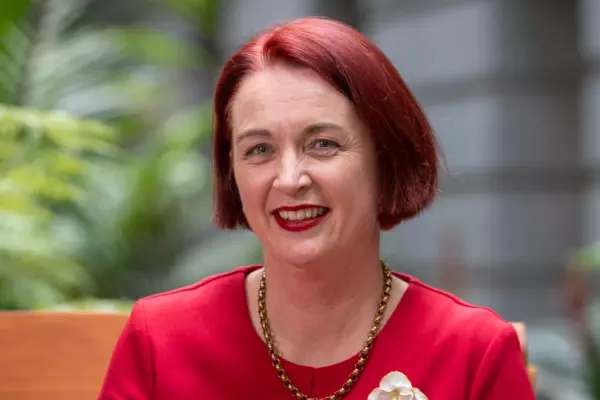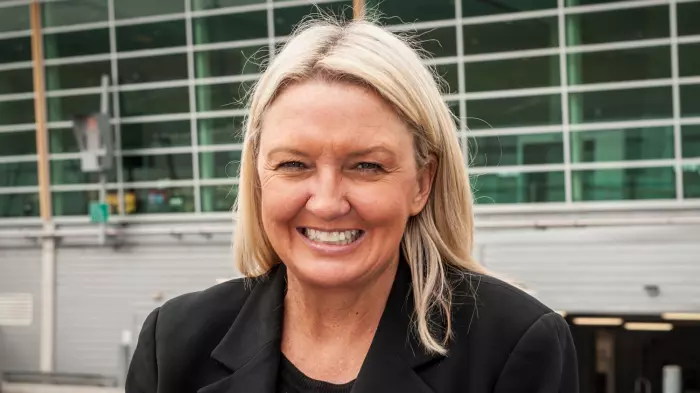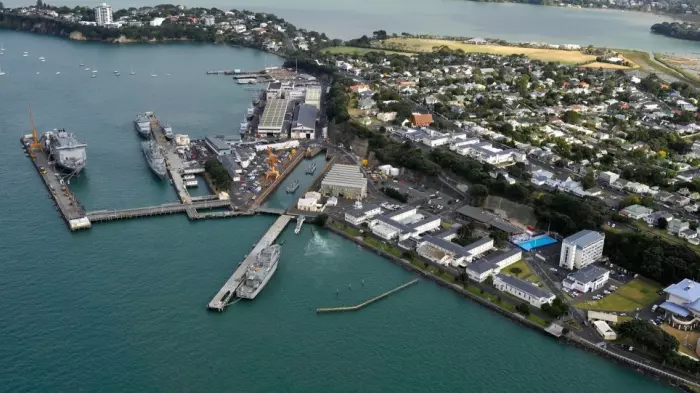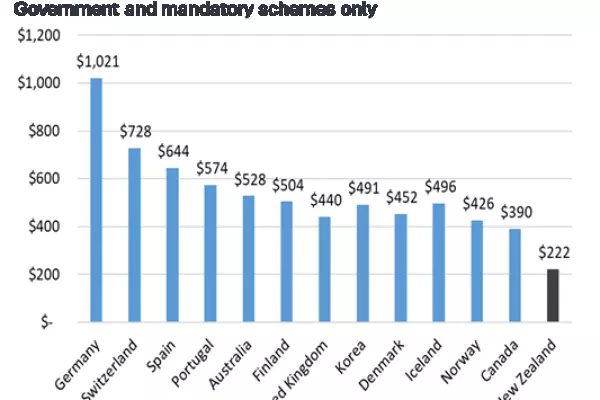This is part three of a series on Fisher & Paykel Healthcare, read parts one and two.
“Geography is not destiny,” wrote researchers at the Productivity Commission in 2021. “New Zealand has a few very high-performing businesses that are likely to be at or close to the global frontier in their fields – think of Fisher & Paykel Healthcare in the niche area of medical ventilator humidification.”
While F&P Healthcare is seen as a frontier firm, what does this mean for NZ?
The Productivity Commission, the agency tasked with lifting the wellbeing of all New Zealanders, said the country needed to “develop a cohort of large, globally significant firms that can innovate and take new goods and services to the world".
“Only such firms will have the scale and capability needed to successfully develop new products and enter new markets. They will also underpin innovation by networks of researchers and other local firms, raising the performance of the wider economy and acting as exemplars for others.”
Most of F&P Healthcare’s 4,000 workers are based in South Auckland and the company injected more than $600 million in wages into the SuperCity’s economy in 2022.
Greg Shanahan, who founded the Technology Investment Network (TIN) Report that benchmarks NZ’s tech firms, said the company’s contribution to the NZ economy was understated.
“It is growing a pool of highly talented people from a commercial perspective and a technical perspective, and spreading it across the ecosystem.”
Meanwhile, F&P Healthcare's chief executive, Lewis Gradon, said: “Assuming you don’t compete directly with us, we’ll do whatever we can to help, and we share expertise."
Legacy
Kiel McCool, an F&P Healthcare alumni working for another Auckland-based startup, said the behemoth’s contribution to the wider med-tech scene was understated.
“They might not be active investors, but we take a lot of advice from F&P Healthcare and how to navigate different markets. Even though that might not be on their books, they are still helping out,” he said.
“My big thing is that we actually need another two or three firms like F&P if med-tech wants to grow."
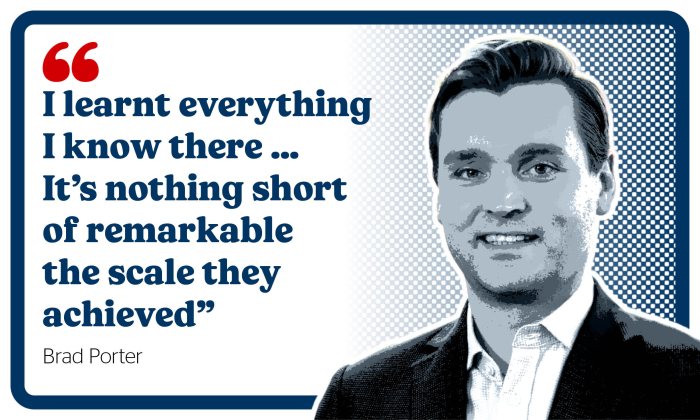
Health-orientated software company Orion Health's chief executive, Brad Porter, is also a successful F&P Healthcare alumnus. He took over at Orion after more than six years working for NZX-listed F&P.
“I learnt everything I know there,” Porter said. “The way to grow a business, take a concept, really focus on patient improvement, taking that through R&D and then work through supply chain logistics and all of that through covid, the trials and tribulations of running an international business.
"It’s nothing short of remarkable the scale they achieved.”
Porter said it’s phenomenal how many people working in NZ's tech sector have done an apprenticeship or started at F&P.
F&P Healthcare executives are scattered throughout med-tech firms worldwide. Former chief executive Mike Daniell has sat on the board of Australian hearing devices firm Cochlear since 2020, while former chief financial officer Tony Barclay sits on the board of cancer diagnostic firm Pacific Edge and obstetrics monitoring maker Baymatob.
“FPH’s contribution to my own career was substantial – especially with respect to large-scale manufacturing, procurement, IP management, and quality management,” said Gavin Ryan, a medical device engineer now based in London who worked at F&P for almost a decade.
“I met plenty of like-minded people and grew my networks rapidly at this large organisation. I was proud to have worked with FPH for many years and I would be glad to have the opportunity to work with FPH again."
Government funding
While there is anecdotal evidence, it's hard to count the impact of a frontier firm like F&P Healthcare on the wider economy.
But recognising their importance, the Productivity Commission is expected to release an updated report on government initiatives to support frontier firms later this month. One of these may be an increase in funding for innovation.
F&P Healthcare spends about 10% of its operating revenue on research and development and has benefited from a change to government funding for innovation.
Under the previous incentive, the company was receiving a maximum of $5m in Callaghan Innovation Growth Grants. However, under the tax credit system introduced in 2019, F&P Healthcare received triple that amount – $15.1m – in 2022.
Given the Productivity Commission estimated the tax credit forgoes $430m per year, F&P Healthcare takes up about 3.5% of that allocation.
Gradon said while the company edges forwards in innovation, there were still many ideas that go unpursued.
“You’ve got some of the best engineers, and they’ve all got ideas.
“There’s got to be massive discipline – I make these numbers up but, each year, there could be 10 to 20 fantastic ideas … But we are trying to stay focused.
“So, we leave money on the table, over and over again. I’ve lost track of how many times I’ve said, 'Man, if we had nothing else to do, jeez, I’d do that."'
This is the final part in a three part series, read part one and part two.


